The mystery of the NFL's declining ratings
The NFL's TV ratings are tumbling. Will they recover?

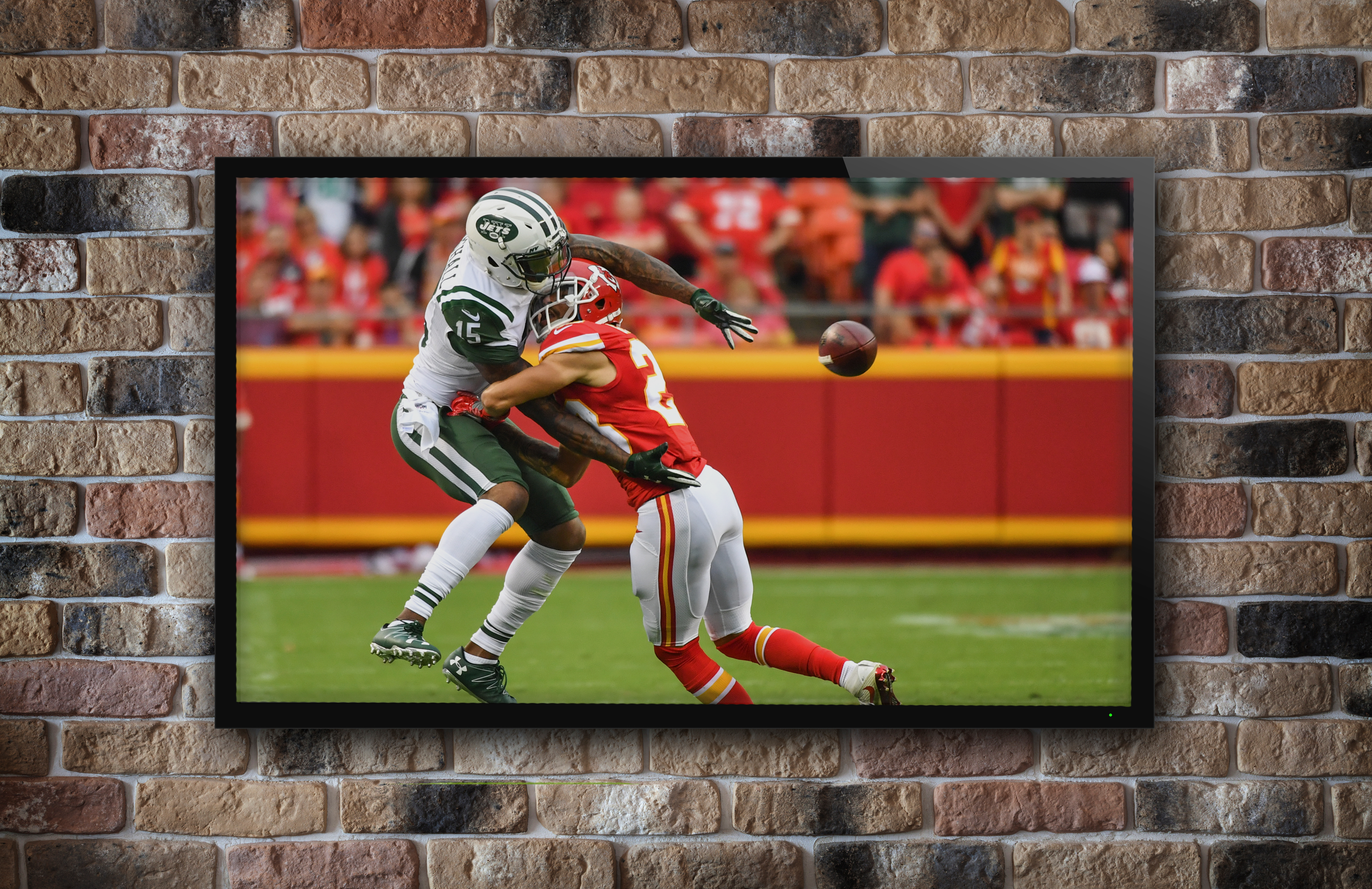
A free daily email with the biggest news stories of the day – and the best features from TheWeek.com
You are now subscribed
Your newsletter sign-up was successful
For decades, professional football has reigned supreme on TV, pulling in greater viewership numbers "through recession and political unrest and war and shifting viewing habits and anything and everything else the United States has experienced since the Colts beat the Giants in the 1958 NFL title game," as Mike Florio recently put it at NBC Sports. That has given the NFL an aura of invincibility in an age of technological and market upheaval in media.
Until now.
Almost halfway through the 2016 NFL season, the signs are ominous. Total viewership for the first week declined 7 percent compared to 2015; the next two weeks declined 9 percent; and week four declined 12 percent. The Thursday night games broadcast by CBS are down by as much as 21 percent, as are ESPN's Monday Night Football broadcasts. All four of the major networks that carry the NFL — Fox, CBS, NBC, and ESPN — have seen drops of 4 percent, 10 percent, 7 percent, and 11 percent, respectively, according to an NFL memo.
The Week
Escape your echo chamber. Get the facts behind the news, plus analysis from multiple perspectives.

Sign up for The Week's Free Newsletters
From our morning news briefing to a weekly Good News Newsletter, get the best of The Week delivered directly to your inbox.
From our morning news briefing to a weekly Good News Newsletter, get the best of The Week delivered directly to your inbox.
No individual game was hit harder than the Monday Night Football game between the Atlanta Falcons and the New Orleans Saints, which had the bad luck to run opposite Hillary Clinton and Donald Trump's first presidential debate on Sept. 26 — it fell a whopping 41 percent.
That gets us to the first explanation for the decline: This year's crazy-making presidential election campaign, which has brought in record audiences for the debates and dominated the nation's attention for months. That effect seems to be spilling over into the rest of television: Sunday afternoon audiences for MSNBC, Fox News, and CNN are up 36 percent this year. It's quite possible that many Americans are picking politics over football.
There's certainly precedent for that. Previous presidential cycles dating back to 1996 seem to have depressed NFL viewership anywhere from 2 to 10 percent.
Other theories for what's going on — more subjective and harder to verify with data — abound.
A free daily email with the biggest news stories of the day – and the best features from TheWeek.com
- Maybe the NFL simply doesn't have the same crop of recognizable personalities as it used to.
- Maybe fans are frustrated over bad calls by referees, and the slowness with which the NFL has brought in new technology to make referee calls more sophisticated.
- Maybe the splintering of NFL viewership across three evenings — Thursday, Sunday, and Monday — is over-saturating the market.
- Maybe the political tensions over Colin Kaepernick's National Anthem protests are turning off viewers.
- Maybe the spiking popularity of fantasy football has stats-obsessed fans watching their computers or hyperactive highlight reels like NFL Redzone instead of full games.
- Maybe the NFL's ongoing problem with concussions and brain damage — or off-field violence against women by several players — is turning off more sober fans.
- Maybe, as The Atlantic's Derek Thompson posited, the NFL's "pointless and joyless war against any touchdown celebration that displays even the faintest sign of glee" is a possible culprit.
But here's an explanation that dwarfs the rest: Technology.
The arrival of the internet and its bonanza of free content, digital streaming, and a host of other opportunities presents something of an existential threat to the traditional broadcast business model. After all, there's a clear age component to this NFL ratings trend. For people 50 and over, viewership for traditional TV remains strong. But it's falling sharply for all other age groups, and among the under-35 crowd, it's absolutely collapsed: down by 30 percent just since 2010, and down by 40 percent for people under 25.
The NFL doesn't deny that changing technology is effecting its ratings. But so far it's painting the technology angle as just a part of the story — and it's painting the overall decline in viewership as a temporary setback, brought on by the freak confluence of the technology issue, the election, and some of the other factors listed.
And there's some reason to think they could be right: After the 2000 election, NFL viewership rebounded 15 percent, even as primetime viewership for other programs fell by a third. And during the first four weeks of this season, the number of football viewers was actually higher than during the equivalent period last season — 149.5 million versus 149.1 million. It's just that those 149.5 million are spending less time watching the games on an individual basis than the 149.1 million. If they're being temporarily distracted, those 149.5 million could eventually turn their gaze back to football for more extended periods.
Interestingly, though, TV viewership is down for the Premier League in Britain, too: by 20 percent since last year. And the anecdotal evidence collected by The New York Times points to the abundance of high quality internet streams that's undercutting the attractiveness of subscriptions to the official soccer broadcasts. That this is happening with soccer in England suggests this isn't just a quirk of American culture or election year viewership shifts, and that something more fundamental and structural is going on in the way we watch sports.
The NFL had better hope they're right that this is just temporary. Because the economics are stark: Most of the major networks have contracts with the NFL that run through 2022, and they've spent a grand total of $55 billion to get them. The networks in turn charge a high price for ad time during games. Those deals usually are based on the networks guaranteeing advertisers a certain level of viewership. When they get less viewership, the networks have to give the ad companies free air time to compensate — and viewership this year has come in 20 percent below the networks' estimates so far.
If the bleeding continues, networks may have to rethink their deals. The first canary in the coal mine will likely be the re-negotiation of Thursday Night Football for the 2018 season.
But keep an eye on the ratings once Election Day comes and goes. That will tell us a lot about whether the NFL's television reign is coming to an end.
Jeff Spross was the economics and business correspondent at TheWeek.com. He was previously a reporter at ThinkProgress.
-
 Can the UK take any more rain?
Can the UK take any more rain?Today’s Big Question An Atlantic jet stream is ‘stuck’ over British skies, leading to ‘biblical’ downpours and more than 40 consecutive days of rain in some areas
-
 The UK expands its Hong Kong visa scheme
The UK expands its Hong Kong visa schemeThe Explainer Around 26,000 additional arrivals expected in the UK as government widens eligibility in response to crackdown on rights in former colony
-
 One great cookbook: Joshua McFadden’s ‘Six Seasons of Pasta’
One great cookbook: Joshua McFadden’s ‘Six Seasons of Pasta’the week recommends The pasta you know and love. But ever so much better.
-
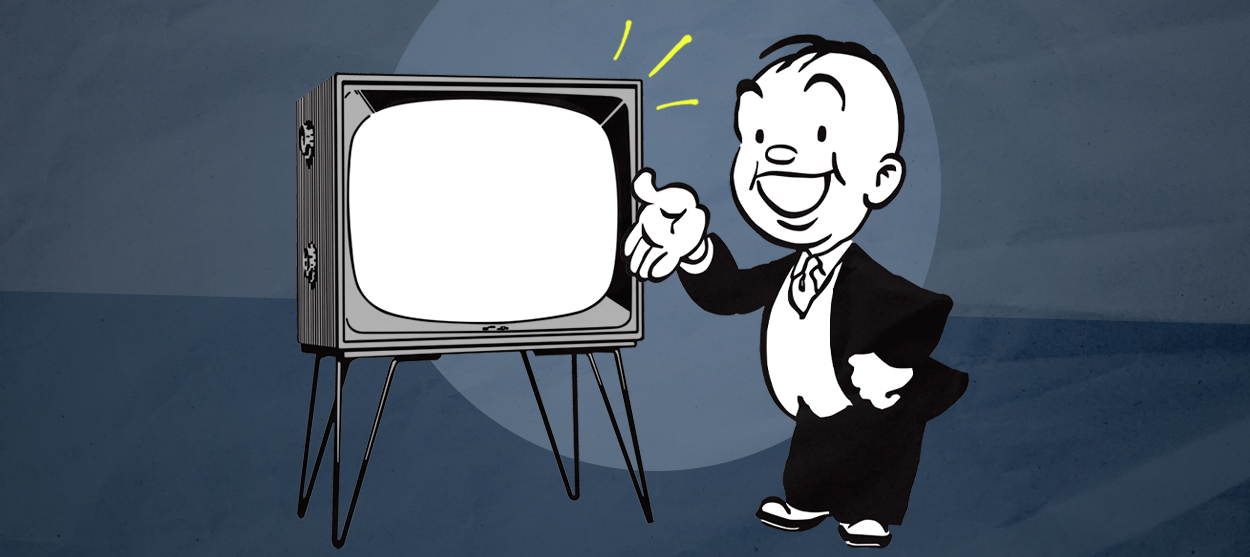 The hottest Super Bowl ad trend? Not running an ad.
The hottest Super Bowl ad trend? Not running an ad.The Explainer The big game will showcase a variety of savvy — or cynical? — pandemic PR strategies
-
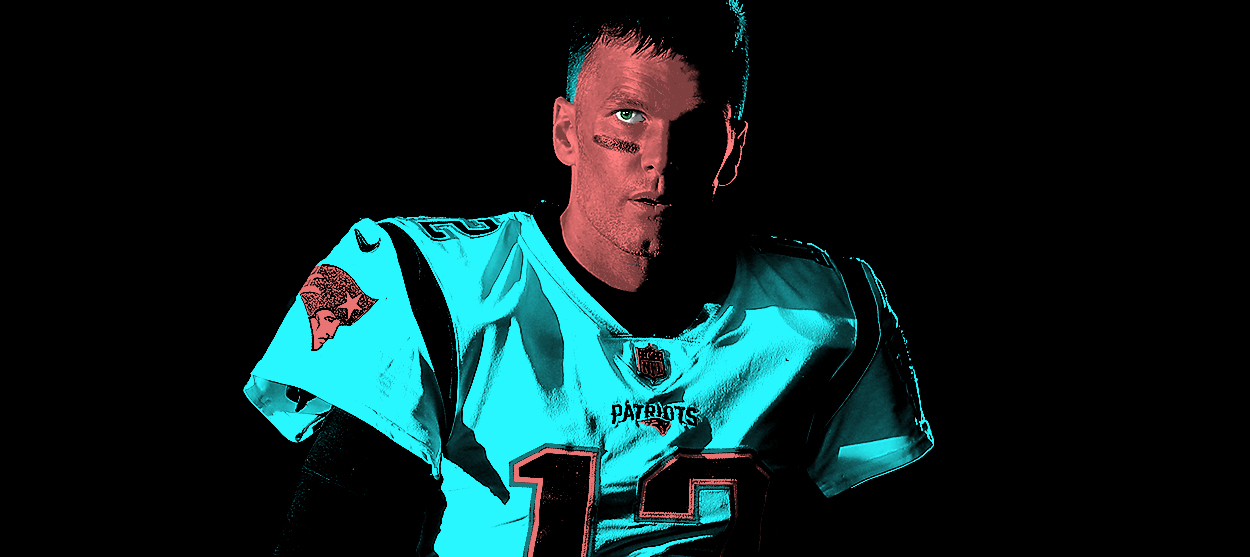 Tom Brady bet on himself. So did Bill Belichick.
Tom Brady bet on himself. So did Bill Belichick.The Explainer How to make sense of the Boston massacre
-
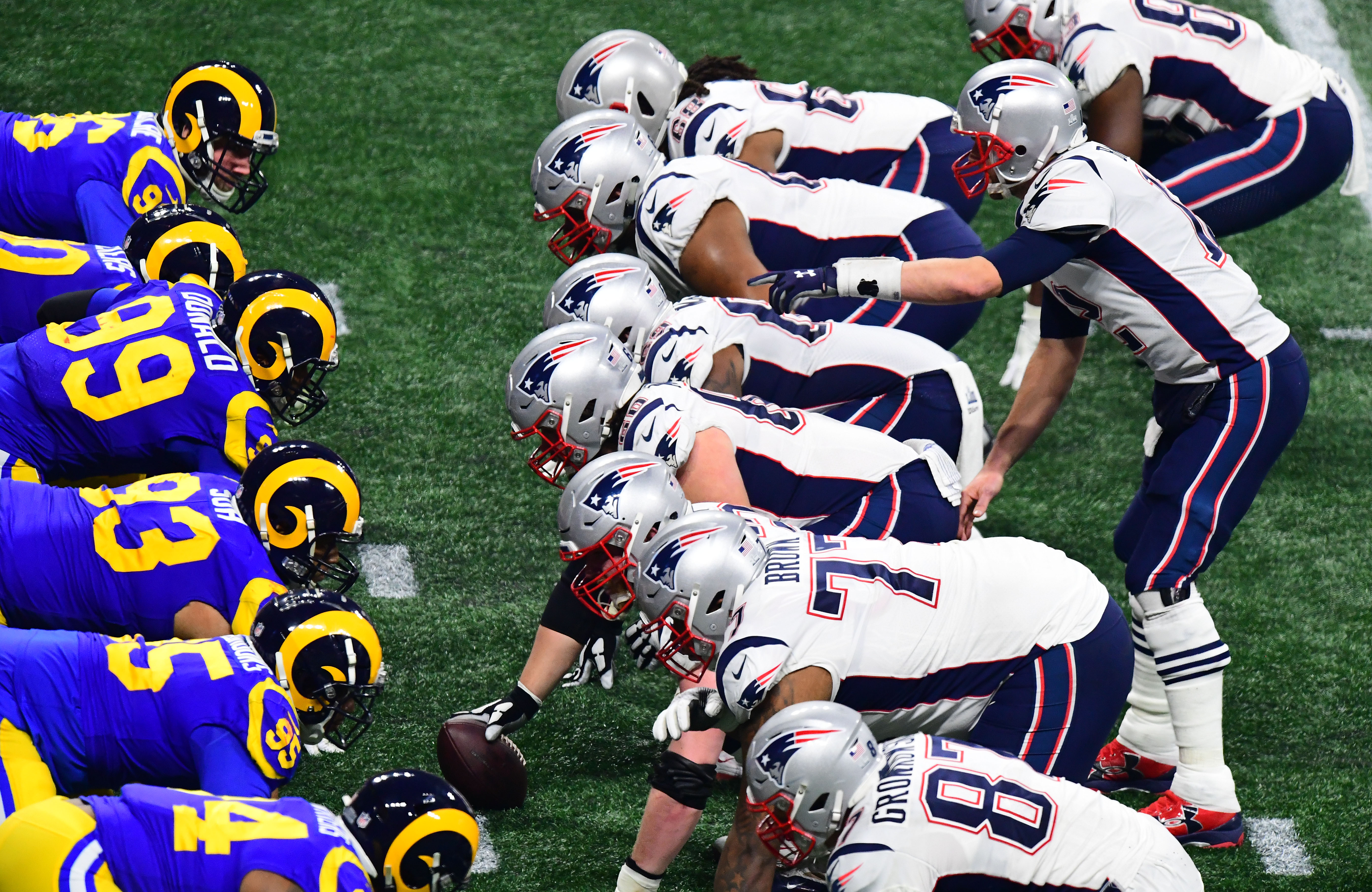 The 13 most exciting moments of Super Bowl LIII
The 13 most exciting moments of Super Bowl LIIIThe Explainer Most boring Super Bowl ... ever?
-
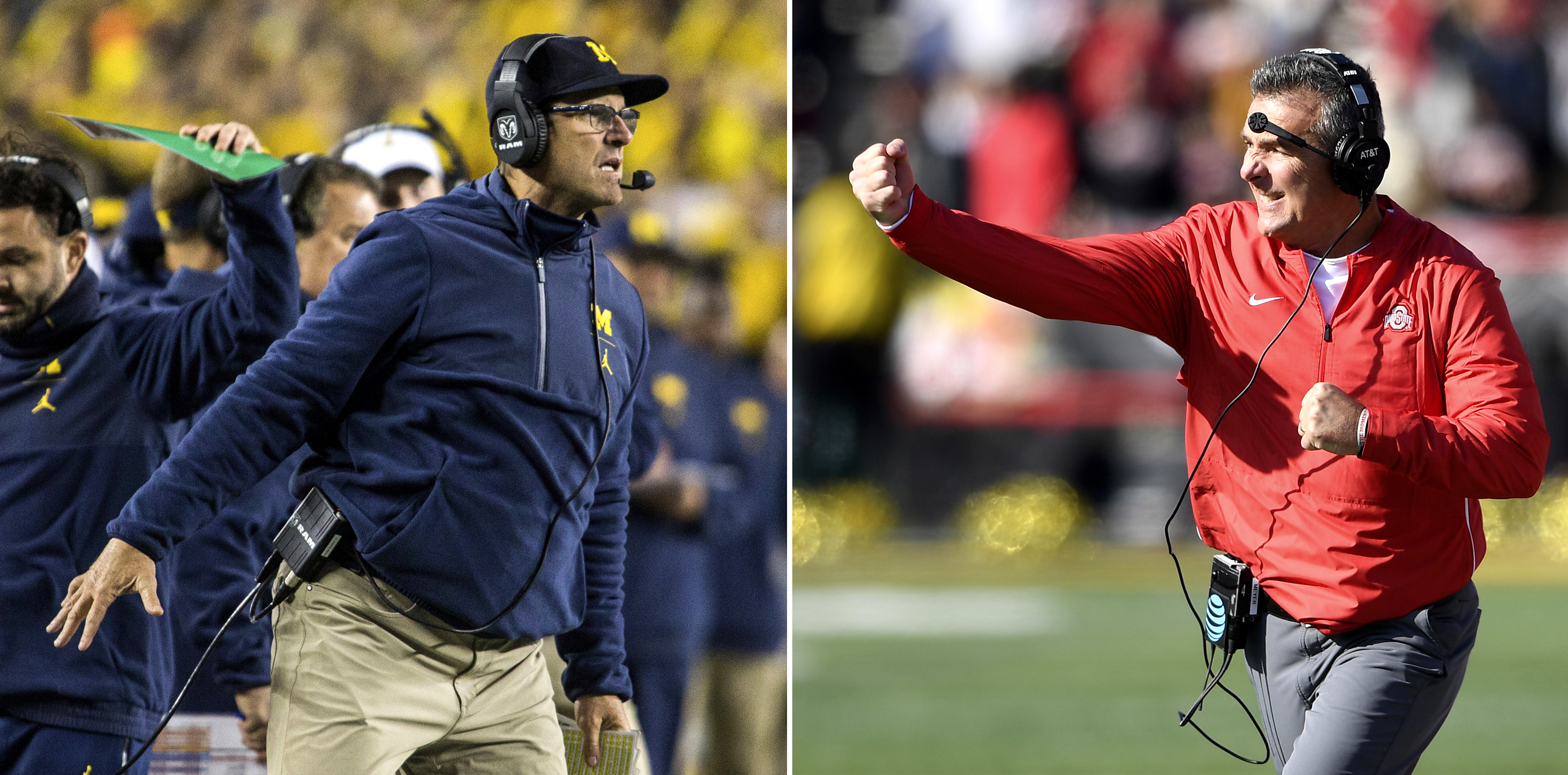 The enduring appeal of Michigan vs. Ohio State
The enduring appeal of Michigan vs. Ohio StateThe Explainer I and millions of other people in these two cold post-industrial states would not miss The Game for anything this side of heaven
-
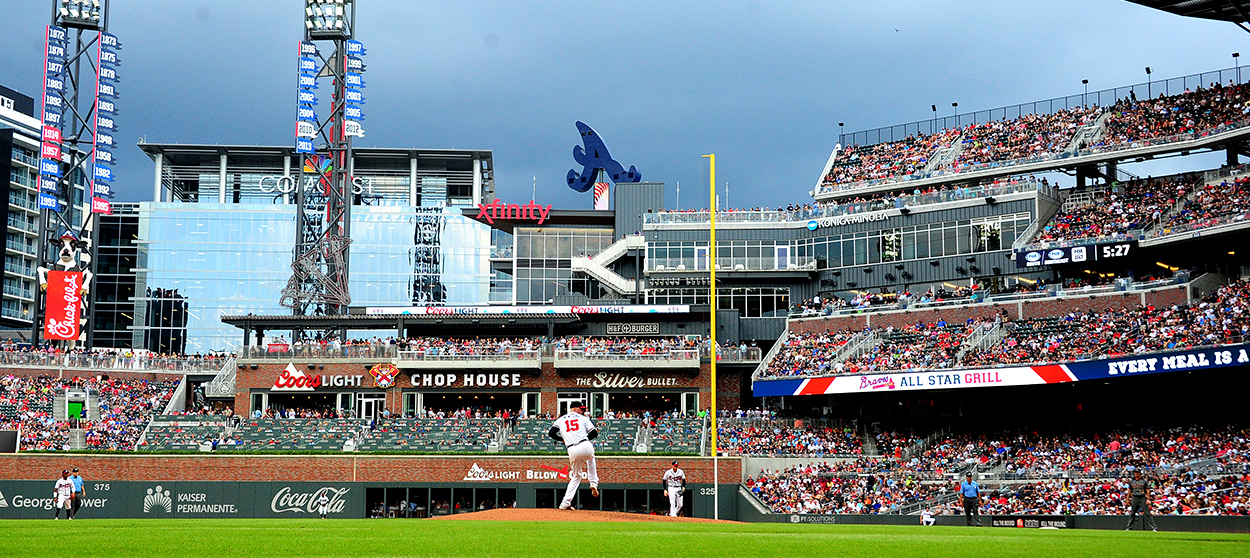 When sports teams fleece taxpayers
When sports teams fleece taxpayersThe Explainer Do taxpayers benefit from spending billions to subsidize sports stadiums? The data suggests otherwise.
-
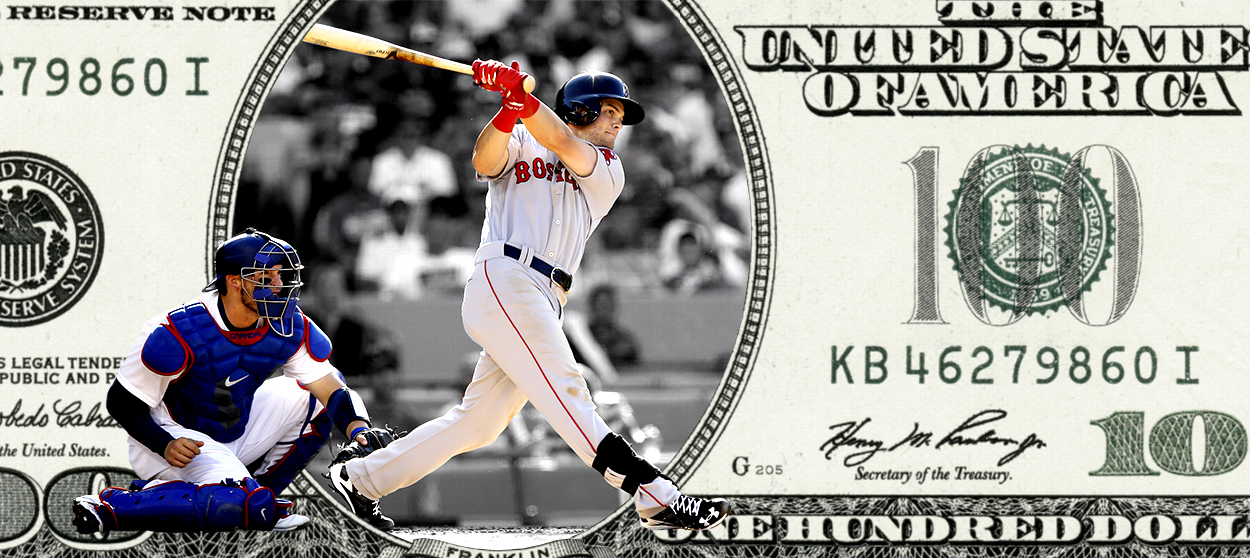 The 2018 World Series is bad for baseball
The 2018 World Series is bad for baseballThe Explainer Boston and L.A.? This stinks.
-
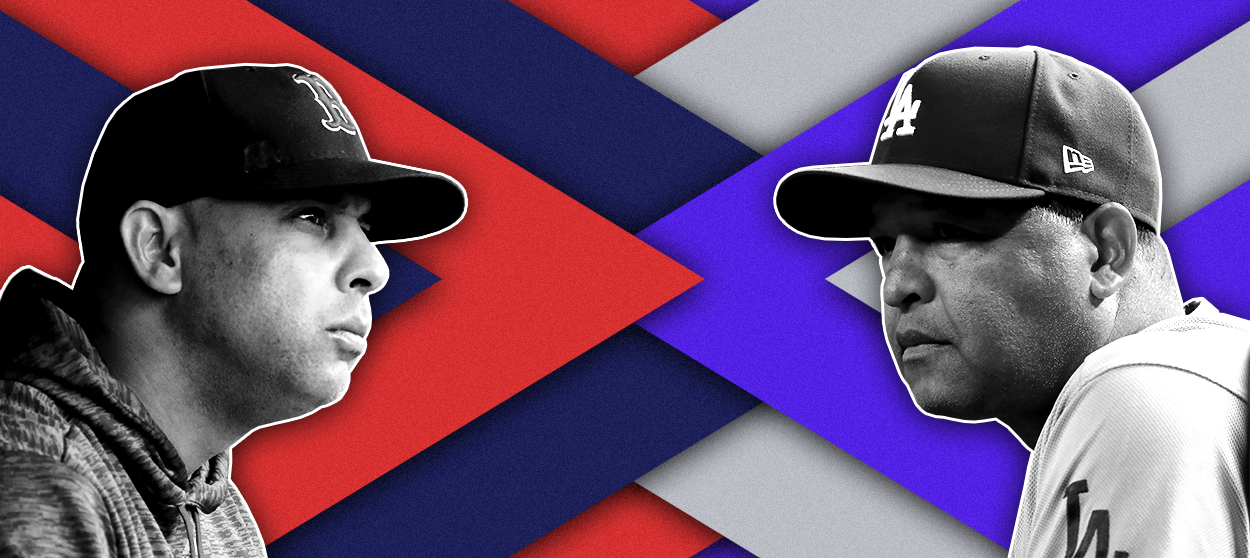 This World Series is all about the managers
This World Series is all about the managersThe Explainer Baseball's top minds face off
-
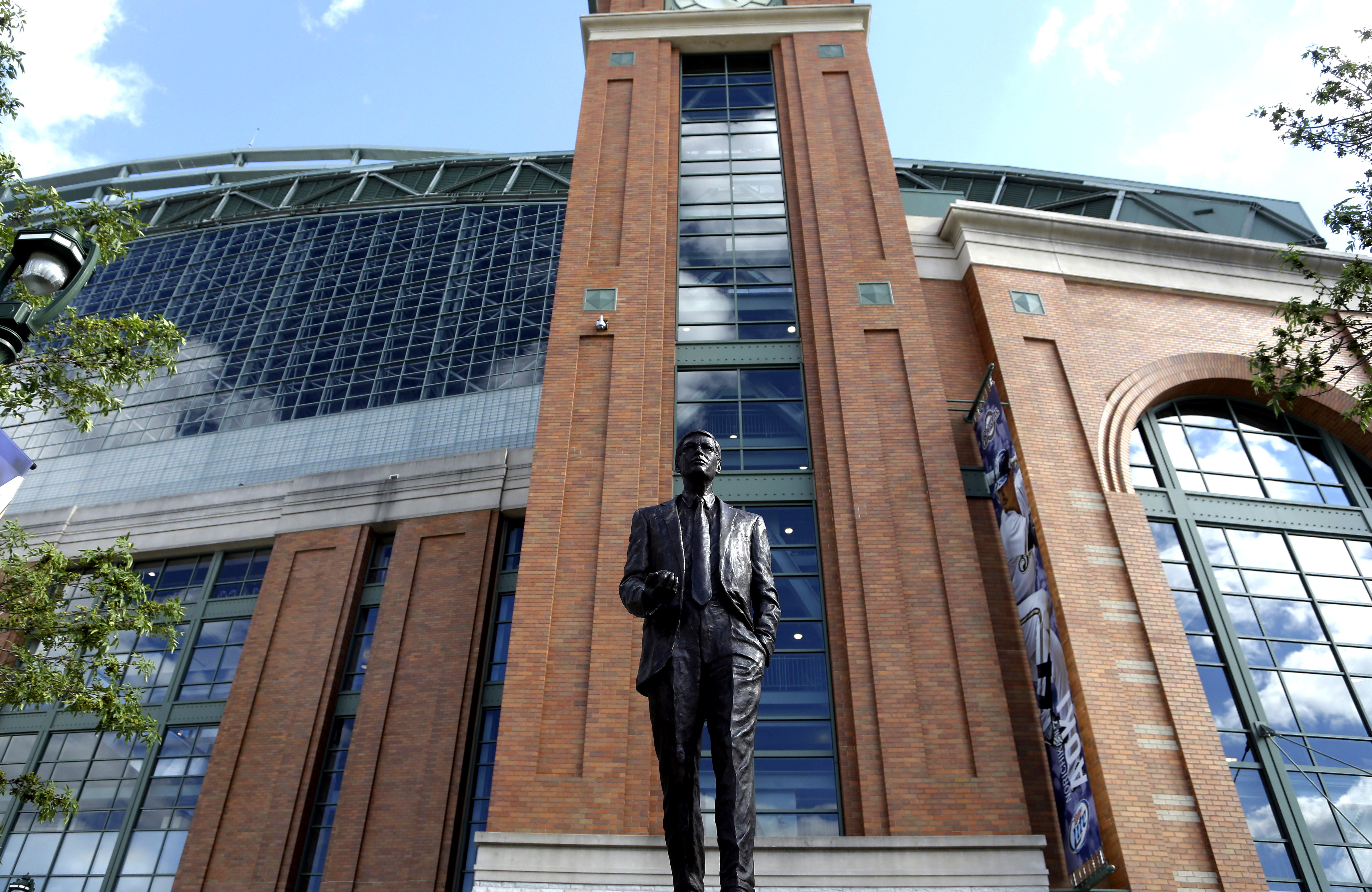 Behold, the Bud Selig experience
Behold, the Bud Selig experienceThe Explainer I visited "The Selig Experience" and all I got was this stupid 3D Bud Selig hologram
